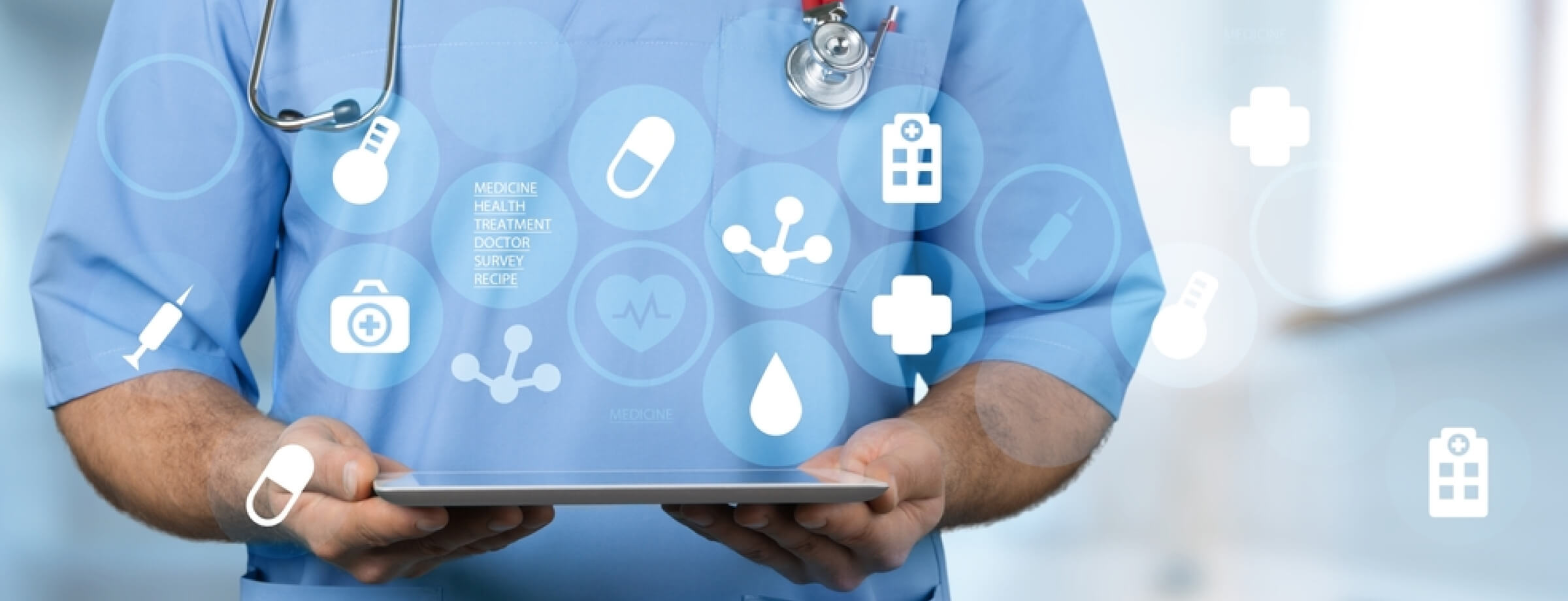Introduction
In an era where technology integrates seamlessly into our daily lives, healthcare systems are adopting digital tools to improve patient engagement and streamline hospital experiences. Patient engagement apps, regular health updates, and hospital location tracking are among the innovative solutions designed to meet the growing demand for efficiency, safety, and patient-centric care. These advancements not only keep patients informed but also enhance communication with healthcare providers, leading to more personalized and satisfactory experiences.
Blue Whale Apps is a leader in building effective patient engagement apps that meet the unique needs of today’s healthcare landscape. With expertise in healthcare app development, they help medical institutions create apps that prioritize security, user experience, and meaningful patient interactions.
1. The Role of Patient Engagement Apps in Healthcare
Patient engagement apps are changing the way healthcare providers interact with patients. These apps offer a wide range of functionalities that support patient needs and ensure consistent engagement throughout their healthcare journey. From personalized health reminders to easy access to medical records, these apps empower patients with information that fosters better health outcomes.
Key Features of Patient Engagement Apps:
- Appointment Scheduling: Patients can book, reschedule, or cancel appointments with ease, saving time for both patients and providers.
- Medication Reminders: Regular alerts remind patients to take their medication on time, improving adherence rates and outcomes.
- Access to Health Records: Patients have instant access to their medical histories, lab results, and treatment plans.
- Direct Communication with Providers: Patients can consult doctors directly through chat or video call features, making consultations more accessible.
Hospitals aiming to leverage these technologies can benefit from Blue Whale Apps’ specialized patient engagement app development services. Their team crafts apps that integrate seamlessly into healthcare systems, providing a secure, user-friendly platform for patients to engage with their healthcare providers.
2. The Importance of Regular Health Updates for Patient Well-being
Regular updates on health progress are critical in keeping patients informed and motivated in their treatment journey. Through mobile notifications and patient portals, healthcare providers can keep patients up-to-date on treatment progress, test results, and any adjustments to health plans. Timely updates play a significant role in reducing anxiety and ensuring patients are involved in their healthcare decisions.
How Regular Updates Benefit Patients and Providers:
- Transparency in Treatment Plans: Patients feel more in control of their health when they understand their treatment path and receive regular feedback.
- Reduced Anxiety and Uncertainty: Frequent updates on lab results, recovery progress, and medication adjustments help reduce patient stress.
- Improved Communication: Consistent updates open more channels for questions, leading to better-informed patients who are more likely to follow medical advice.
This approach also benefits providers by improving patient compliance and reducing the number of calls or visits for clarification, thus freeing up time for the care of more patients.
3. Smart Direction: Location Tracking Within Hospitals for Enhanced Navigation
Hospitals can be intimidating, especially when patients or visitors struggle to navigate complex hallways, locate specific departments, or find available services. Smart direction through location tracking technology offers a solution, helping patients and visitors find their way in large medical facilities with ease.
How Location Tracking Enhances Patient Experience:
- Real-Time Navigation: With indoor GPS and location-based services, patients can receive step-by-step directions to reach their destination.
- Reduced Anxiety: Clear navigation tools ease the stress of finding the right department or clinic, especially during emergency situations.
- Efficient Use of Hospital Resources: By directing patients efficiently, staff can reduce time spent on navigation assistance and focus on more critical tasks.
- Tracking Wait Times and Service Locations: Location tracking can provide updates on wait times at specific departments and help direct patients to less crowded areas.
4. The Benefits of Integrating Patient Engagement, Regular Updates, and Location Tracking
Integrating these digital solutions provides a holistic approach to improving patient experience. The synergy between patient engagement apps, regular updates, and location tracking creates a seamless healthcare journey that improves patient satisfaction, loyalty, and outcomes.
Enhanced Patient Experience Through Integration:
- Consistency Across Touchpoints: Patients can receive updates, interact with providers, and navigate the facility without switching between different platforms.
- Personalized Care Journeys: Using data from these tools, healthcare providers can tailor experiences based on patient needs, health status, and treatment plans.
- Improved Resource Management: Hospitals can manage crowds better, streamline patient flow, and reduce bottlenecks in high-traffic areas.
- Increased Patient Safety: Real-time updates and navigation reduce the likelihood of patients getting lost or missing appointments, improving patient safety and satisfaction.
5. Security and Privacy in Digital Healthcare Solutions
While patient engagement apps and location tracking offer immense benefits, security and privacy remain top concerns. Protecting patient data is essential to maintaining trust and compliance with healthcare regulations such as HIPAA and GDPR.
Best Practices for Data Security:
- Data Encryption: Ensuring that all data exchanged between the app and hospital servers is encrypted prevents unauthorized access.
- Two-Factor Authentication: Requiring two-factor authentication adds an extra layer of security, reducing the risk of data breaches.
- Regular Software Updates: Keeping apps updated with the latest security protocols helps protect against vulnerabilities.
- Transparent Data Policies: Informing patients about how their data is collected, used, and protected builds trust and ensures compliance with privacy regulations.
With Blue Whale Apps’ expertise in secure healthcare app development, healthcare organizations can rest assured that all necessary protocols are in place to protect patient information. Their focus on security-first design ensures a safe, compliant platform that fosters trust between patients and providers.
6. The Future of Patient Engagement and Hospital Navigation
With advancements in artificial intelligence and machine learning, the future holds great potential for even more personalized and efficient healthcare experiences. Blue Whale Apps offers the expertise needed to build robust, scalable solutions that meet today’s and tomorrow’s needs. By leveraging cutting-edge technologies and healthcare industry insights, they help hospitals and clinics develop apps that prioritize the patient experience while aligning with regulatory standards.
FAQs
- What is a patient engagement app, and how does it benefit patients?
A patient engagement app is a digital tool that allows patients to interact with healthcare providers, access health records, and receive reminders for medications or appointments. - How does location tracking within hospitals improve patient experience?
Location tracking helps patients navigate large hospital facilities more efficiently by providing real-time directions to departments, clinics, or amenities. - Are patient engagement apps secure for handling sensitive medical data?
Yes, most patient engagement apps follow stringent security protocols like data encryption, two-factor authentication, and regular software updates. - Can regular health updates improve patient outcomes?
Absolutely. Regular health updates keep patients informed about their progress, treatment adjustments, and test results. - What is the future of patient engagement technology in healthcare?
The future includes AI and machine learning to provide predictive health insights and augmented reality for more immersive navigation experiences.
Ready to Transform Patient Experience with Innovative Technology?
Enhancing patient engagement, improving in-hospital navigation, and providing timely health updates are essential to building a patient-centered healthcare experience. Whether you’re looking to implement a new patient engagement app or improve your existing digital tools, Blue Whale Apps offers customized solutions designed to meet the specific needs of healthcare providers. With expertise in secure, user-friendly healthcare app development, we ensure your app not only complies with industry standards but also delights patients at every touchpoint.
Contact us today to start building your patient engagement solution that fosters trust, improves patient outcomes, and sets new standards in healthcare.






